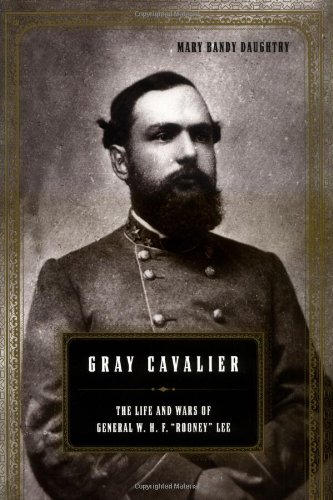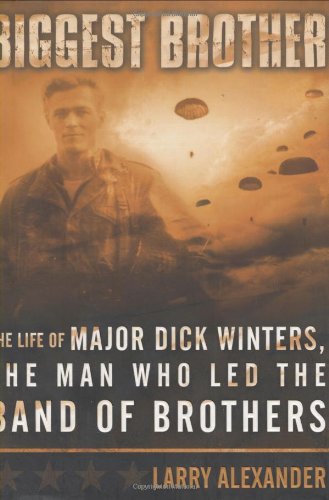 A City Laid Waste
A City Laid Waste
By William Gillmore Simms
Edited by David Aiken
University of South Carolina Press
Reviewed by J. Keith Jones
This is a book with a load of historical relevance. David Aiken, an English professor at the College of Charleston and the Citadel has rendered a valuable service by resurrecting this great piece from the archives of the Columbia Phoenix. The author, William Gilmore Simms was one of the leading novelists, short story writers and poets of the period leading up to the War for Southern Independence. At the time of Sherman’s march, Simms was living in Columbia, South Carolina and had a front row seat for the destruction that ensued.
The first part of the book is a detailed introduction by Aiken that does a great job of telling who Simms was and his relevance in history. It details his life, works and how he came to be in Columbia and why and how he went out of his way to document this important event. It also provides insight as to why he is largely overlooked in modern historical accounts. The next part is the real meat and potatoes of this tragic tale, the actual ten-part newspaper account of the burning of Columbia. Simms garnered this information not only from what he witnessed himself, but also from multiple witnesses from all over the town. Simms knew he was working on a tight deadline for several reasons. First many people in Columbia at the time were refuges from other towns. They had come there thinking they would be safe. So Simms knew he had a limited time before these folks scattered to other places. He also knew that it would only be a matter of time before the Union army would return and shut down the press and bully the survivors into silence.
The burning of Columbia is often overshadowed by the earlier burning of Atlanta by the Pyrotechnician in Chief of the Union army. Those who have studied this event have read the standard government school textbook explanations as offered by Lt. Gen. William T. Sherman. These range from the big OOPS, it was an accident to the downright ludicrous claim that Lt. Gen. Wade Hampton burned the town–including his own house–to keep the Yankee army from benefiting (foraging liberally, Sherman called it). Well, if you have ever been tempted to believe these explanations, you should read this book.
In the beginning of the event, a committee led by Mayor T. J. Goodwyn rode out to meet the Union army under a flag of truce and surrender the city as Savannah, Georgia had done. It had worked for Savannah, so they hoped for the same. In the interest of sparing the people of Columbia from urban warfare, Gen. Hampton pulled his troops out under the delusion that the Union army would not attack the defenseless. Col. Stone of Sherman’s staff received the surrender and assured Mayor Goodwyn that the city would be spared, with the exception of a few government buildings. However, a small band of Confederate stragglers had not cleared the area and a few shots were fired in their direction. Now, most folks would know that this is an isolated thing, that in an army of that size and the communications of the day, it is unlikely that they had gotten the orders to retreat and not engage. What did occur hardly constituted an attack, rather it was minor rear-guard firing to cover a retreat. Apparently Col. Stone was not that bright or he was simply looking for a reason to feel wronged and proceeded to assure the mayor that he would be held to account for this. Once again, a prudent officer would realize that a city mayor would have no authority over the Confederate soldiers and retaliating against his city except in self-defense is not appropriate. (If I wanted to be spiteful, I could ramble on about how if a certain insurance company existed in that day, they could advertise their product as “So easy even a Union officer could figure it out.” Perhaps with a picture of Gen. Burnside in the background, but luckily I won’t do that.)
Simms proceeds to give a blow-by-blow account of how the Union army not only burned things of military use, but private residences. Interesting accounts of how even a woman giving birth was dragged out on a mattress so they could burn her home. The grave of a newly buried corpse was dug up just in case the family had tried to hide any valuables there. Certain details you would not expect emerge, such as the fact that the mid-western soldiers were more respectful than the ones from New England. Simms even includes lists of specific properties burned and the owners’ names.
The archaic language of the day is sometimes quite different, but once you get used to it, the information conveyed proves more than worth the time spent studying this text. This is a relatively short book and an invaluable resource in understanding the suffering inflicted in the Deep South in the waning days of the war. David Aiken deserves great credit for rescuing this definitive account from the dustbin of history.
 The God Virus
The God Virus











